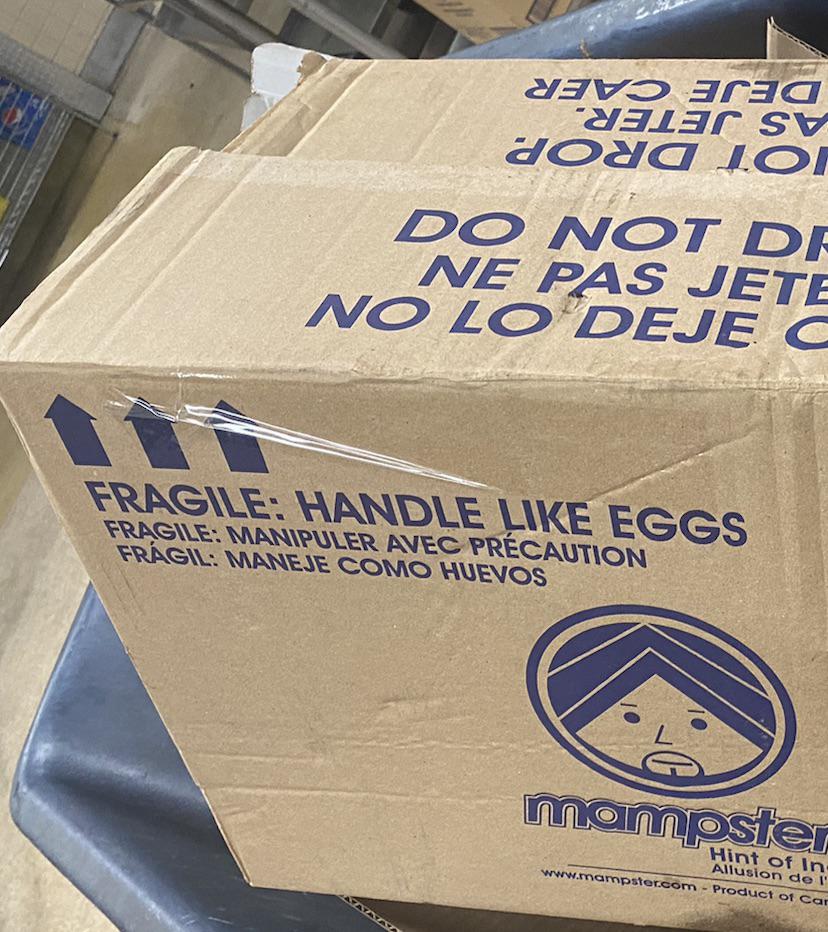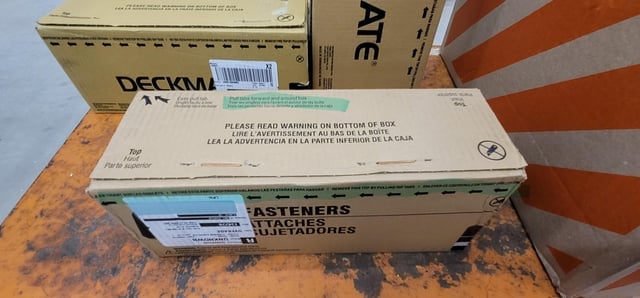first of all, i don’t identify as latino, sorry!!! but anyway when i talk about mexico being treated the same way as canada, i mean, for example when it comes to prices, canada and usa have both of their dollars on the back of stuff, like if you bought a book in canada in the back it would say “10 usd/10 cad”, but no mexican currency? isn’t mexico also the neighbor and both nations have good ties?? it should be treated with the same level of important stuff
Part of it is cultural while another part is economic.
Culturally, Canada was part of the British Empire well into the 20th century. This meant that having relations with Canada was having relations with the British Empire. Outside of the War of 1812, the British Empire typically negotiated with the USA with respect that the USA could project at least the same kind of land power in the Americas as the British Empire could.
Culturally, Mexico was a successor nation to the Spanish Empire. Mexico didn’t have the level of protection that Canada did nor did it have similar government institutions as the USA had. There was also a difference in approach to colonization between the two nations; the USA engaged in settler colonialism using white Europeans while Mexico had a large indigenous population incorporated into Mexican society.
Economically, Canada has a per capita national wealth on par with the USA while Mexico has lagged behind. This has led to a lot of migration from Mexico to the USA and Mexico being used as a low cost labor source.
One part of this is history.
Canada and the US were British colonies; Mexico was a Spanish colony.
When some of the British colonies declared independence, they still had to trade with the colonies that hadn’t. People had relatives on both sides, the postal systems were integrated, indigenous people were mistreated in the same manner, and the list goes on. Culturally, the two remained very similar while the political systems differed.
Stuff coming from England often ended up in Toronto or New York; both of these cities became hubs of publication.
This is the way the relationship stayed pretty much up until NAFTA in the 1990s; books had already had over a century of being published in Toronto and New York for distribution across English North America.
Mexico had a different history, and a different relationship with California, Arizona, New Mexico and Texas. Instead of Mexico being a route for culture and European goods to enter the US, it was a source of cheap labor once slavery was abolished.
Unlike Canada where the most influential Canadians lived right along the border, in Mexico the influential Mexicans lived further south, with itinerant workers living along the border.
NAFTA changed the balance of trade somewhat, but it didn’t change the already established cultural norms or the places people lived.
Also English language books are going to be predominantly sold in English speaking countries. And it makes sense cost wise to target both markets together rather than printing individual runs priced for individual countries where possible.
And Canada and the US both use dollars; there is potential ambiguity in price for manufacturers and retailers, so better to clearly specify both. There is not ambiguity with the peso - if a customer sees a book is $10 they will know there is a different price in pesos.
I think it’s a question of language. If you’re a publisher printing an English language book in Canada, you can expect to sell it to English readers in the US and Canada, so it is efficient to print the price for both on the same printing run. You would probably expect not to be selling books in English in countries where the primary language is not English. In other words, probably for the same reason that English language books don’t have the price for Spain or China.
oh you’re actually right!! well that makes sense too, thanks
absolutely this, here in Austria most of our books are obviously written in German, so many of them have prices for Germany, Austria and sometimes Switzerland on them, but obviously not for other neighboring countries because the books for them are written in Italian, Slovak, etc.
I often see goods where the box has one side printed in English and the other side in Spanish.


Books are a little different because of the shared* language.
*except Québec.
This is loosely related so forgive me if it’s not helpful.
The world has been broken up into economic zones for some markets. Using DVDs as my example. https://en.wikipedia.org/wiki/DVD_region_code
Mexico falls into region 4 while the USA and Canada fall into region 1.
This serves several purposes but I’ll focus on one.
This allows the publishers to sell DVDs at different prices for different regions. This is to accommodate the different buying power of the average citizen of these regions, without competing with themselves at an international level.
I suspect why you don’t see Mexico on the tag is a reflection of this concept. You’re not selling the book at an equivalent value and advertising that might cause salty customers that want the less expensive price. Or citizens of that country demanding the alternative price while abroad, complicating things.
Because we dont usually buy books in english?
But there are several products with boxes written in both languages.
“identify” as latino? americans are so insanely funny. I thiught latinos came from.latin america or were raised in the latin american culture.
i’m not american i’m actually from mexico but for cultural reasons and other stuff i don’t identify as latino!! but i understand some people do identify as such and that’s ok, but not me, so sorry
Mate, how is that funny?
In a multicultural environment, you don’t always identify with the culture you were born into.
It’s funny because OP leads with stating they don’t identify as Latino, and then proceeds to ask a question that has absolutely nothing to do with identity.
Because if they did consider themself Latino, it might sound more like a personal complaint instead of just a general question.
Yeah, nah, that was confusing as eh.
Absolutely.
Genetically I’m around 50% descended from people of a culture that I simply wasn’t raised in, which is associated with a religion I never practiced (as opposed to the different religion I left)
Based on looks I could easily identify as that culture and strangers wouldn’t question it. They also don’t question my lack of doing so.
“Identify” can also be used objectively in that way.
OP means “My identity ≠ Latino”
More uncommon to use it that way nowadays but you could also say “I don’t identify as an American citizen” or “I identify as 15 years old” etc.Well, that’s an accurate origin of latino.
But that doesn’t mean someone is obligated to internalize being latino. That’s extra true when a person is the child of immigrants. They can be raised within their parent’s culture, and then take on varying degrees of identification with either that culture, or the surrounding one.
And there’s nothing saying that someone in the Latin American country they’re born in can’t separate themselves, at least internally, from the culture of their country, or their region.
That’s true of any culture. You can be from the us and take on any degree of identity as an american, or reject that entirely and build your own identity on any number of factors.
You never met anyone that’s of latino origins that assimilated fully into the culture of a different country? It’s pretty common. My best friend’s husband is Nicaraguan, and identifies as that, Latino, and American. He’s got siblings that were raised in Nicaragua before the family moved here that outright ignore that culture and don’t even speak Spanish with anyone poster than their parents. He’s got nieces and nephews that embrace being latino, but not necessarily Nicaraguan, and vice versa.
A sense of cultural identity is largely voluntary.
From an outsiders perspective, from what I can tell it’s just racism









